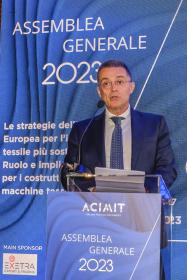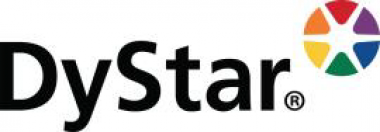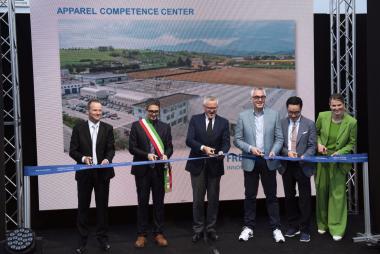Marco Salvadè appointed new ACIMIT President
At the association’s General Assembly held on July 4th, Marco Salvadè has been appointed to replace Alessandro Zucchi as President of ACIMIT.
Marco Salvadè began his career at Salvadè Srl, the family company specializing in the finishing machinery sector, founded by his father and uncle in 1967. After being a member of the company’s board of directors, he has been President since 2021.
Following the election of Salvadè, the General Assembly expressed its gratitude to the outgoing president, Alessandro Zucchi, who has guided the association for the past six years.
Along with the new president, the General Assembly also elected its new Vice Presidents, Chiara Bonino (Bonino Carding Machines SRL), Federico Businaro (Sperotto Rimar SRL), Ugo Ghilardi (Itema SpA) and Cristian Locatelli (Marzoli Machines Textile SRL). Marco Salvadè’s first comments as newly appointed ACIMIT president: “I wish to thank the Assembly for the trust they have placed in me, and I want to express my gratitude to the former President Alessandro Zucchi for everything he has done during the last six years to strengthen the role of the association and of Italian industry on the international scene. With the new vice-presidents and the ACIMIT Board, I will continue the work that has been done in recent years by previous presidents. It will certainly not be a simple task, but one that will no doubt prove stimulating. My primary goal is to increase the sense of belonging to ACIMIT of its member companies, with which we share the same values, and to adjust the association’s strategies to changing conditions in the economic and geopolitical context.”
ACIMIT






























